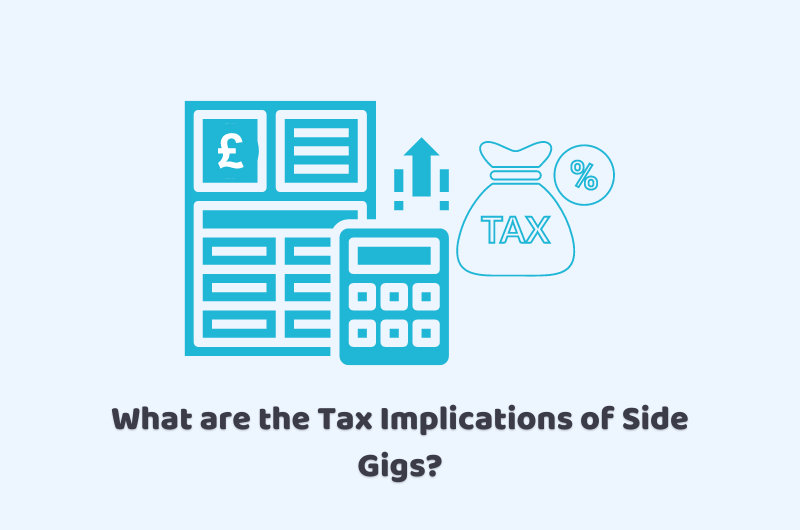
20/02/2024Accounting , Business Growth Ideas , Finance
The non-resident landlord scheme in the UK is an attractive investment opportunity for non-resident landlords. Who is looking to invest in UK property while being based outside of the country. However, investing in UK property through a non-resident landlord scheme also involves a range of risks, challenges, and considerations.
One of the key considerations for non-resident landlords investing in the UK is understanding the legal, tax, and regulatory environment in the UK. Non-resident landlords must carefully consider the legal and tax structures that are available to them. The rules and regulations that apply to non-resident landlords in the UK, and the potential tax implications of being a non-resident landlord in the UK.
Reach out to our smart and clever-minded guys to get an understanding of the tax set of rules in the UK queries answered quickly. We will help to understand your queries instantly.
What is a Non-Resident Landlord?
This can be an individual, a company or a consortium of investors that owns and manages properties in the UK. Non-resident landlords can be based in different countries around the world, including the USA, China, the UAE, India and Russia.
Non-resident landlords typically purchase properties in the UK as an investment, using a range of investment products. Such as buy-to-let, serviced apartments, vacation rental properties, and retirement rentals. They typically use a range of digital and technology tools to monitor and manage their properties remotely.
Non-resident landlords can have a significant impact on the UK property market. They have been known to invest billions of pounds in UK properties in recent years, particularly in London and other major cities. They have been criticised for their impact on the UK housing market.
Despite this, many non-resident landlords are committed to high standards of property management and they provide valuable services to the UK property market. By providing rental properties for those who cannot afford to buy and providing investment opportunities for those looking to invest in UK property.
What is a Non-Resident Landlord Scheme?
A non-resident landlord scheme in the UK refers to a process that allows non-resident landlords to own and manage properties while being located outside of the country. This scheme involves several legal and tax structures that provide non-resident landlords with a range of benefits and advantages. While still allowing them to own and manage properties in the UK.
Non-resident landlords in the UK can benefit from a range of legal structures such as limited partnerships, special purpose vehicles (SPV), and investment trusts. Which can be used to hold and manage property in the UK. They can also use offshore companies and trusts to own properties in the UK.
Non-resident landlord schemes can also provide several tax advantages. They can avoid UK capital gains tax when they sell properties, by arranging for the properties to be owned by a special purpose vehicle (SPV) or offshore company. They can also avoid paying UK corporation tax and VAT, by ensuring that the property is managed and owned by an offshore company.
What are the Advantages of a Non-Resident Landlord Scheme?
While avoiding the challenges and costs of physically managing properties in the UK. Here are some of the key advantages of this scheme:
1. Tax savings: Non-resident landlords can avoid UK capital gains tax when they sell properties, by arranging for the properties to be owned by a special purpose vehicle (SPV) or offshore company. They can also avoid paying UK corporation tax and VAT, by ensuring that the property is managed and owned by an offshore company.
2. Convenience: Non-resident landlords can manage their properties remotely, by using a range of digital and technology tools to monitor and manage their properties remotely. This allows them to manage their property portfolio from anywhere in the world.
3. Access to the UK property market: The non-resident landlord scheme provides non-resident landlords with access to the lucrative UK property market. Without having to physically reside in the country. This allows them to benefit from the high demand for rental properties in the UK. As well as the potential for capital appreciation in the long term.
4. Leverage: Non-resident landlords can use leverage to increase their returns, by using loans or mortgages to purchase properties in the UK. While keeping the capital appreciation and tax advantages of owning the properties.
5. Diversification: Investing in properties in the UK provides non-resident landlords with a range of diversification benefits. This allows non-resident landlords to build a diverse property portfolio, which can provide a range of income streams and potential capital appreciation in the long term.
What are the Drawbacks of a Non-Resident Landlord Scheme?
Here are some of the key drawbacks and challenges that non-resident landlords may face when using this scheme:
1. Legal and regulatory risks: Non-resident landlords who invest in UK property through a non-resident landlord scheme are subject to UK tax. Also, corporate, regulatory, and legal rules and regulations. Non-resident landlords must carefully consider the legal and regulatory environment in the UK.
2. Foreign exchange risks: Non-resident landlords who invest in UK property through a non-resident landlord scheme are exposed to foreign exchange risks. Non-resident landlords must carefully manage their foreign exchange risks, as fluctuations in currency exchange rates can impact the value of their properties and their returns.
3. Property management costs: Non-resident landlords who invest in UK property must arrange for professional property management companies to manage their properties.
4. Investment risks: Investing in UK property can be risky, particularly in the current macroeconomic environment. Non-resident landlords must carefully consider the risks associated with investing in property. Such as fluctuations in demand for rental properties, changes in the regulatory and tax environment, and the potential impact of economic downturns.
5. Political risks: Investing in UK property can also involve political risks, as non-resident landlords must consider the political environment in the UK. Including changes in regulatory and tax policies, the potential impact of Brexit, and the potential impact of political instability.
The Bottom Line
The non-resident landlord scheme in the UK is a complex and challenging investment environment. With a range of advantages and drawbacks for non-resident landlords who are looking to invest in UK property. Non-resident landlords who invest in UK property must carefully consider the legal, tax, and regulatory environment in the UK.
As well as the risks and challenges associated with investing in property. However, the non-resident landlord scheme also provides non-resident landlords with a range of benefits and advantages. Including tax savings and access to the lucrative UK property market.
Non-resident landlords who invest in the UK through a non-resident landlord scheme must carefully consider their objectives, financial situation, and risk tolerance.
Our team of professional members loves to hear out your business problems and find out the possible and suitable solutions quickly to the reporting in the UK. Contact us now.v
Disclaimer: The information about the non-resident landlord scheme provided in this blog includes text and graphics of general nature. It does not intend to disregard any of the professional advice.


